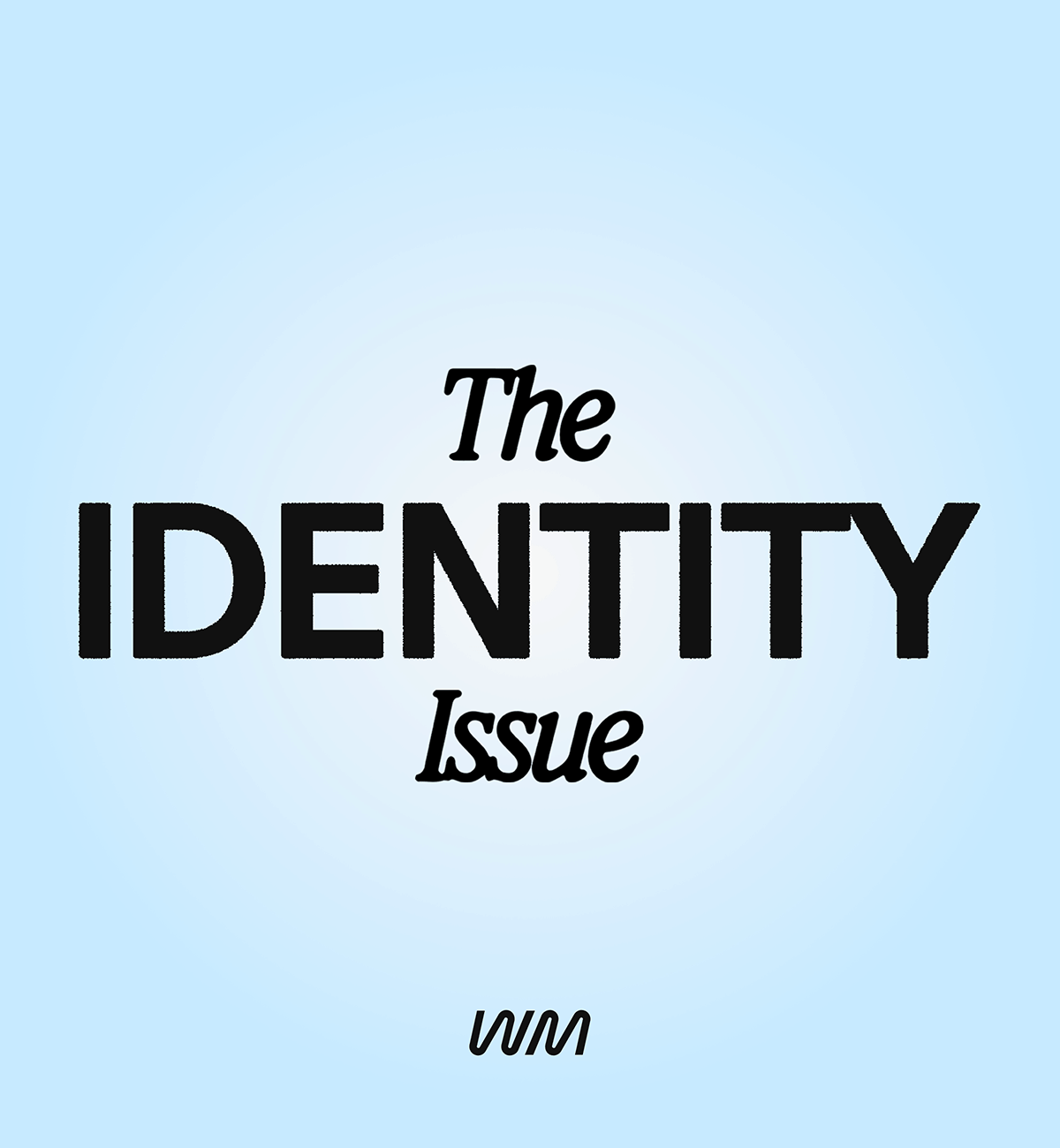When you think of self-awareness, the first things that come to mind might be moments of shocking self-unawareness. The guy on the plane who removed his shoes, the driver who took up 1.35 parking spaces, your Hinge date who aerates their food as they chew it. But there's so much more to self-awareness than not being the worst.
Self-awareness is knowing "who we are and how other people see us," says researcher and organizational psychologist Tasha Eurich, PhD, who studies self-awareness. "It's the ability to see ourselves clearly. To understand who we are, how others see us, and how we fit into the world," she further explained in a 2017 TED Talk.
There are a bunch of variations on this definition out there, but the gist is that being self-aware means knowing yourself and how you react to people and situations. A systematic review suggests that it can also mean that you understand how your behavior impacts others.
Staying in tune with how we think, act, and feel can make us happier in the long run, explains Dr. Eurich. That's because we can use this intel to make decisions. When you know what people, places, and situations fill you up and which ones suck the life out of you, you're better equipped to choose a path that feels good, she notes. Plus, being conscious of how the things we do or say impact others can help us build stronger connections, Dr. Eurich says. Another bonus!
As evidenced by the barefoot airplane guy and the parking spot thief, some folks are naturally more self-aware than others (or just care more about their impact on others, TBH). Some people are curious about themselves or they were taught to be that way growing up, says therapist Rachel Forbes, LCSW.
Whether you're a self-awareness icon or still figuring things out, we asked mental health pros how you can flex that muscle for major life benefits.
1. Focus on your breath.
Noticing how you're breathing (without changing anything about it at first) is a great starting place to bring your attention to your body, mind, and what you might need in this moment, says Forbes. "As you inhale, notice the expansion of your lungs and rib cage, and as you exhale, notice how that feels in your body," she suggests.
Maybe you realize that your breathing is pretty short and you feel like you're not getting enough air. This can be a sign of anxiety. You can try slowing down your breath to get calm, since "breathwork naturally activates the parasympathetic nervous system response, bringing our bodies into a more restful state," says Forbes. You might also just need a glass of water and a walk around the block.
Keep reading for 5 more tips on being more self-aware!








Nema komentara:
Objavi komentar